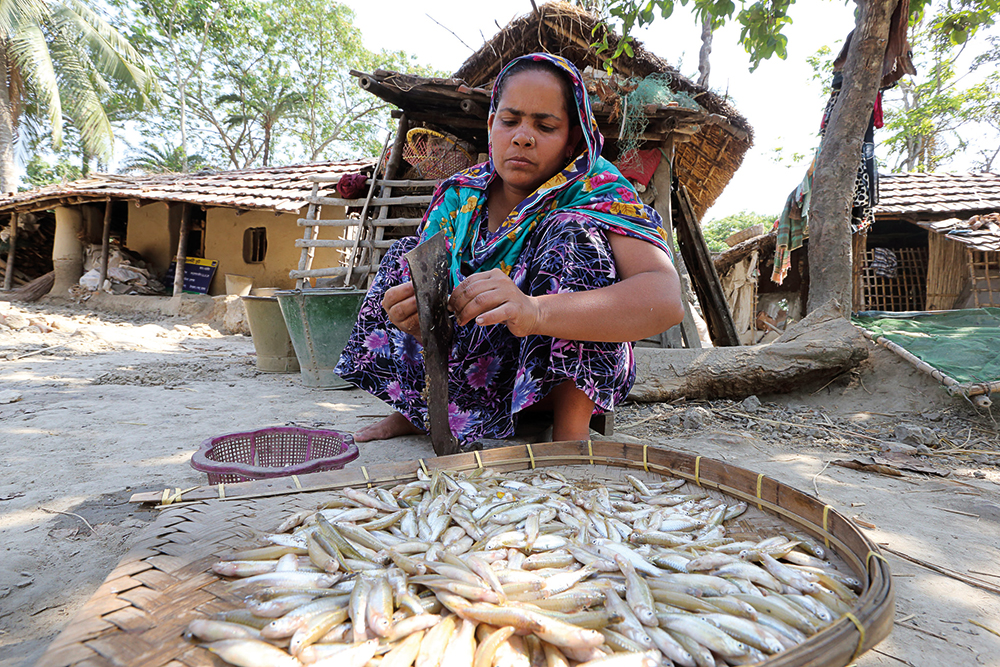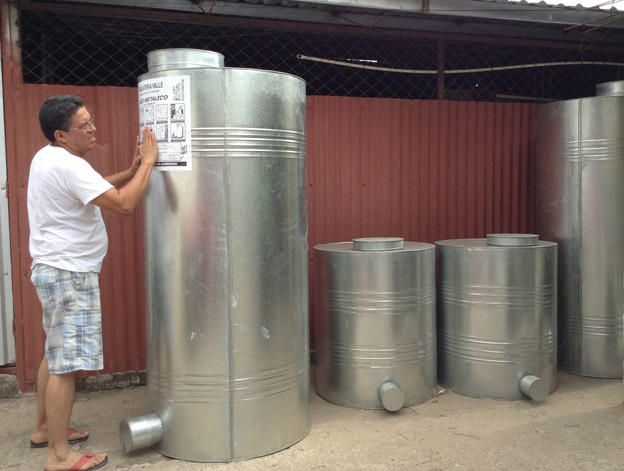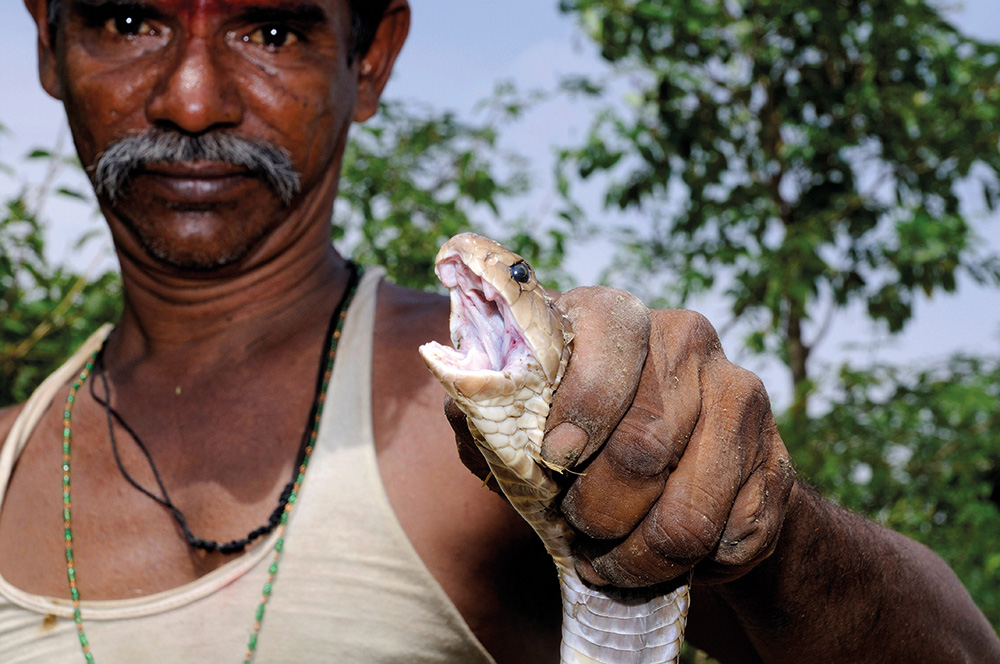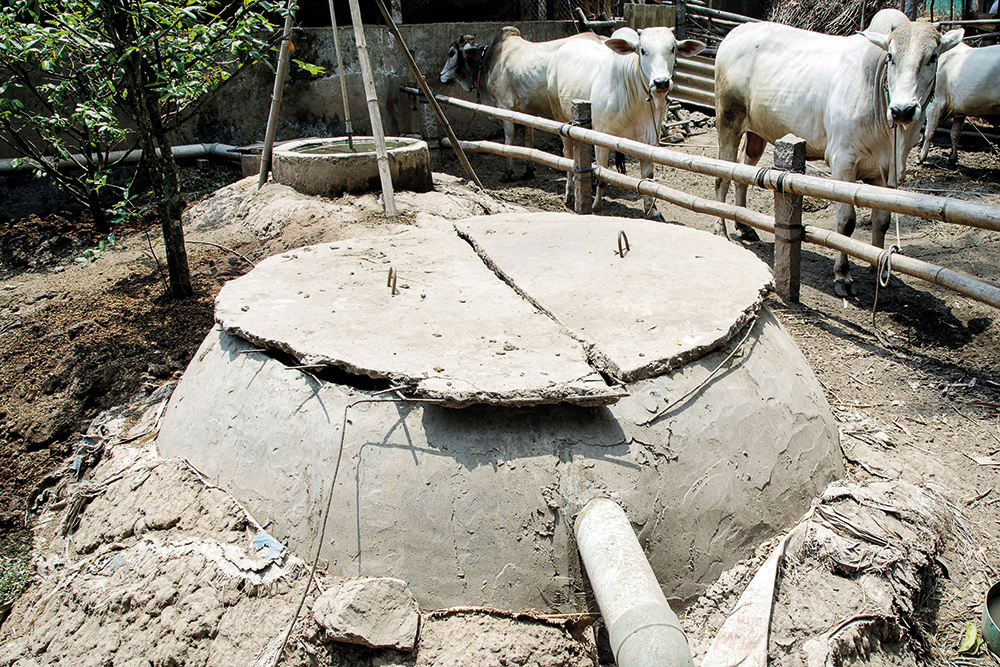DLG-Verlag was founded in 1952 as a subsidiary of DLG e.V. (Deutsche Landwirtschafts-Gesellschaft - German Agricultural Society) with its headquarter in Frankfurt/ Germany. The publishing company provides expertise for the agricultural and food sector.
With its subsidiaries Max-Eyth-Verlag and DLG-Agrofood Medien GmbH the DLG-Verlag offers books and magazines, as well as catalogs of the DLG's international DLG exhibitions.
Members:
Resources
Displaying 86 - 90 of 316Rural advisory services – back on the development agenda!
Over the last few decades, the range of agricultural extension and advisory services as well as the notions of which tools and methods are most suitable have seen fundamental changes. Our authors give an overview of old and new approaches, showing what we already know and where there is a need for more information.
Stakeholder participation. Easier said than done
Twenty-seven nations are classified as ‘water scarce’, a further 16 as ‘water stressed’. This situation, coupled with the fact that many surface and groundwater systems are shared between two or more states, has led governments to develop sustainable water management strategies. This implies a real commitment by all water users – households, farmers, and industrialists – to use available supplies in ways that reap sustainable and equitable benefits for all.
‘Smart subsidies’? A critical review of the Malawi fertiliser subsidy programme
Initially hailed a huge success, Malawi’s effort to boost agriculture with fertiliser subsidies appears to have met with failure. The author has a look at what went wrong, arguing that developments must be assessed against the backdrop of politics.
Sprouts and microgreens for a nutritious diet
Recent studies have shown that modern breeding for high yield, visual appearance and long shelf life led to an unintentional decline in taste and the content of essential nutrients in vegetables. AVRDC – The World Vegetable Center is studying whether traditional vegetables are more nutritious than modern varieties and whether early growth stages of these vegetables offer consumers a higher content of phytonutrients.
Green revolution with black gold
Last year Angola earned 48 billion US dollars from petroleum. Yet the country that was once Africa’s largest agricultural producer is reduced to importing food. Now the government and private investors want to develop the agricultural sector, in the hope that Angola could become a new Brazil. But will there still be room for small-scale farmers?






